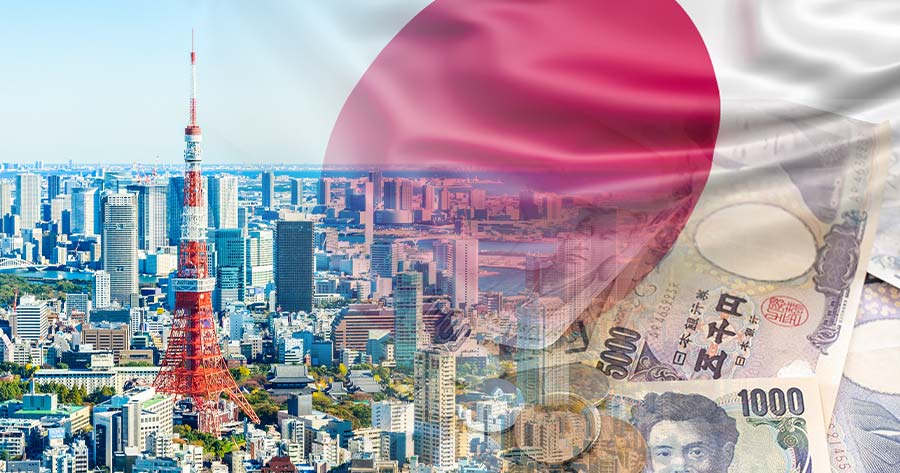Japan’s wholesale inflation climbed in August, propelled by unyielding increases in food costs, according to government data released Thursday. The uptick in the corporate goods price index (CGPI) highlights persistent inflationary forces that could sustain market anticipation of a Bank of Japan (BOJ) rate adjustment in the coming months.
The CGPI, a key gauge of the prices companies charge each other for goods and services and considered a bellwether for broader consumer inflation, grew 2.7% year-on-year in August. This reading matched economist forecasts and marked an acceleration from a revised 2.5% in July.
Food and beverage prices in particular surged, rising 5% in August compared to 4.7% the previous month, underscoring continuing pressure from elevated grocery bills.
While utility costs offered some relief—with electricity, gas, and water bills dipping 2.9% from a year ago amid government efforts to cap prices, import price declines slowed down. Import prices measured in yen fell 3.9% from a year earlier in August, slowing from July’s double-digit drop, largely reflecting currency fluctuations and easing global commodity prices.
For now, wholesale inflation is likely to sit above 2%, driven by high prices for farm produce, food, and beverages, noted Yutaro Suzuki, economist at Daiwa Securities. He did point out, however, that upward price pressure could gradually ease if the yen strengthens, thereby reducing import costs.
The BOJ, which ended its ultra-accommodative policy last year and nudged its short-term rate to 0.5% in January, has remained cautious despite persistent inflation—core consumer prices have overshot the bank’s 2% target for more than three years now. Nevertheless, Governor Kazuo Ueda has stressed a prudent approach, citing the risks that global trade tensions, particularly U.S. tariffs, could pose to Japan’s fragile recovery.
Looking ahead, the BOJ’s latest projections suggest food price hikes should decelerate towards the end of the year. The bank is betting that a combination of easing food inflation and steady wage growth will support domestic demand and keep the economic expansion on track.





